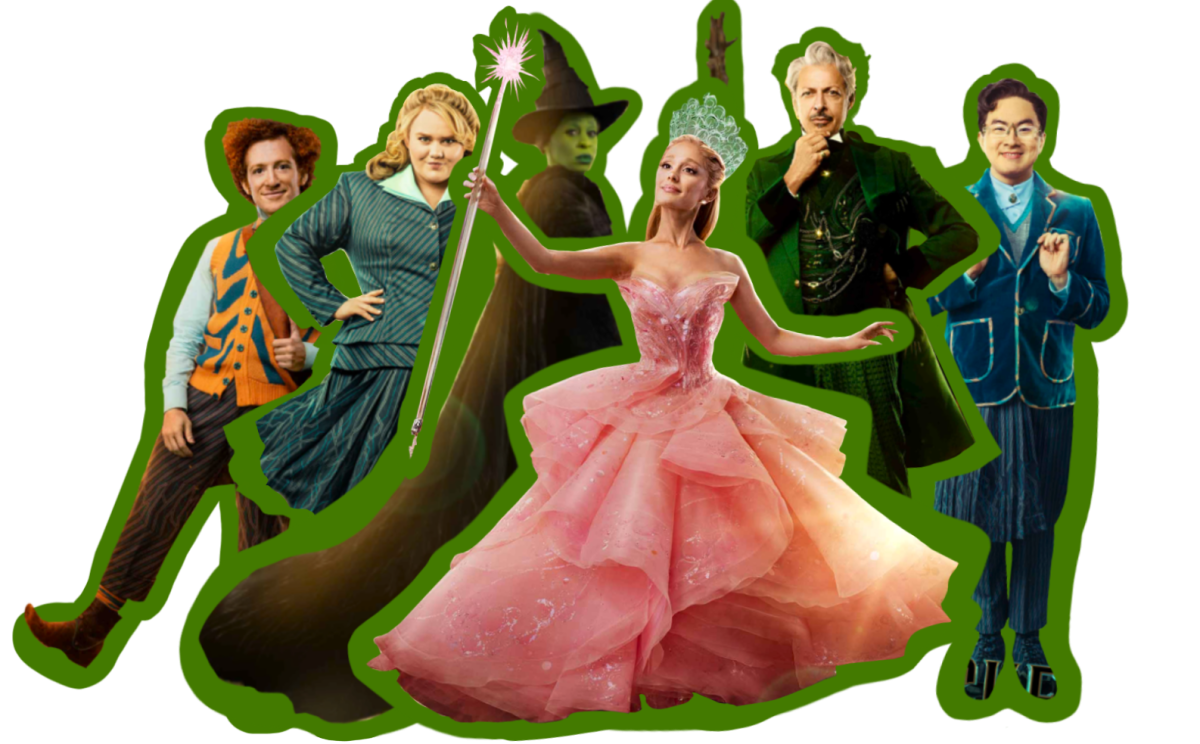Bias, as defined by Merriam-Webster, refers to “an inclination of temperament or outlook,” especially “a personal and sometimes unreasoned judgment.”
In today’s society, particularly in the field of politics, gender bias is a prominent issue. This can be seen in many ways, such as ignoring women’s ideas in meetings, paying them lower salaries compared to men in the same position or claiming female bosses are “overbearing” and “emotional,” while male bosses with the same qualities are “assertive” and “deserving.” In fact, according to Pew Research in 2017, 42% of women in the United States said they experience gender-based bias in the workplace.
Historical background
Throughout history, women have been overlooked as leaders because of societal biases that depict men as “superior.” Yet this stigma didn’t stop women from protesting against stereotypes and finding a place for themselves in the political world. Even before obtaining voting rights, women from all around the U.S. ran for political positions, albeit often unsuccessfully. Everything changed in 1887, when Susanna Salter became the first female mayor in U.S. history
in Argonia, Kansas. Nominating her with the intent of humiliating women and discouraging their future political participation, men assumed only the extremists of the Women’s Christian Temperance Union would actually vote for her. To their surprise, the local Republican party voted for her as well. This helped her secure a two-thirds majority to become the first female mayor in the country.
The 20th century brought forward more opportunities for women in politics. In 1916, Jeanette Rankin became the first woman to be elected into Congress, and in 1920, after 72 years of struggle, the 19th Amendment finally granted women suffrage. Although women were finally given the right to vote, the fight for gender equality was far from over. The following years saw multiple revolutionary firsts of women in the government, including Soledad Chacon, the first Latina woman elected into the executive office, and Crystal Dreda Bird Fauset, the first Black woman elected into state legislature.
National level
As the 2024 election date approaches, U.S. citizens are reminded of these milestones. Vice President Kamala Harris made history in becoming the first female Vice President and South Asian and Black female candidate to run for presidency. Harris and Hillary Clinton, who was the first female major party presidential candidate, paved the way for women to become crucial candidates for the Democratic and Republican parties in presidential elections. However, they have both encountered struggles and faced biases that are reflected in the way they are treated by other candidates in the media.
For Harris, these prejudices are evident in the frequent mispronunciation of her first name, as it has remained inconsistent throughout her entire career as San Francisco’s District Attorney, California’s Attorney General, a member of the U.S. Senate and Vice President. Furthermore, according to a National Public Radio article, former President and current Republican nominee Donald Trump continuously mispronounces her name and explicitly states his
indifference in doing so.
“They were explaining to me, ‘You can’t say “ka-MALA” — you can say “COMMA-la,”’ Trump said. “I said, ‘Don’t worry about it — I couldn’t care less if I mispronounce it. I couldn’t care less.’” Honoring someone’s given name and titles is a way to show respect. A paper from the National Library of Medicine studied multiple groups of people and noticed that, in general, men are more likely to be called by their surname than women. This is partially because a woman’s surname is less permanent — traditionally, women take their husband’s last name after marriage, but this seemingly innocuous action has a deeper meaning. In white-collar fields, men are more prevalent in higher positions. This stereotype is engraved into society, leading individuals to believe that men are superior and will thrive in professional work environments, while women would not.
The New York Times Magazine mentioned that a simple change Trump could make to combat stereotypes against women is to treat Harris with respect and kindness instead of berating her. In additional attempts to belittle her, which were not based on skill or any factual attributes, Trump referred to Harris as “mentally impaired” and claimed she had used coercion to advance her career.
These double standards can be seen throughout history and are still a prevalent issue. In the late 1990s, in the infamous Monica Lewinsky and Bill Clinton scandal, even though Clinton openly admitted to having inappropriate interactions with his White House intern Lewinsky, his career continued mostly unscathed. He was never asked to resign from office and the attempt to impeach him failed. Lewinsky’s career in politics, on the other hand, ended in a
public manner when she was exposed and shamed by the media.

































